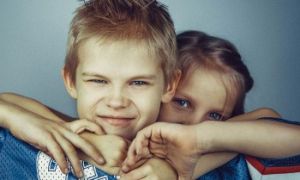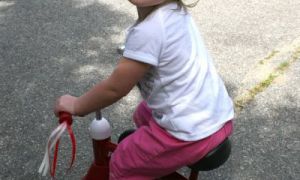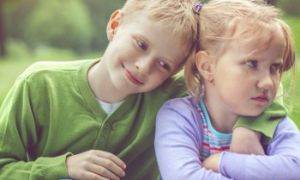

Learning emotional regulation in the early years is not only important to become better-adjusted adults but has been found directly related to higher levels of academic achievement in later life. An integral step in emotional regulation is the identification of unhelpful or negative emotions like anger.
STEM refers to an integrated learning approach that introduces Science, Technology, Engineering and Mathematics through play-based activities.
As Educators all over the world find out every day, there are certain life skills which fundamentally determine how well children will learn within their learning environment. One of the most important life skills children learn to develop is kindness.
Virtual excursions enable Educators to use digital technology to immerse children in a range of learning opportunities from the comfort of the service. Children can explore and visit many destinations throughout Australia, rain hail or shine to learn about what makes Australia a unique place to live. The following provides a list of virtual excursions through Australia.
On June 8th is World Oceans Day. It's a day to celebrate the role of the oceans on Earth and to raise awareness to protect the ocean. The following provides Ocean Theme Printables, Templates and Activities that can be implemented into the curriculum for children.
Recycling is an important concept that teaches children to care for the environment. It encourages children to be responsible and show a growing appreciating for Earth.
Here are some simple science experiments, using all the colours of the rainbow! Great way to teach primary and secondary colours through science!
Letterland is a system for teaching children basic literacy skills on how to read, how to write and how to spell using a story-based approach. The following article provides information on What Is Letterland, How It Works, Examples, Free Resources and more!
 Toddlers have a greater understanding of the world around them by this stage. Their cognitive development (also known as intellectual development and thinking skills) continues… Read More
Toddlers have a greater understanding of the world around them by this stage. Their cognitive development (also known as intellectual development and thinking skills) continues… Read More
 Infants begin to develop trust when parents begin to fulfil their needs. Such as changing an infant's nappy when needed, feeding on request and holding… Read More
Infants begin to develop trust when parents begin to fulfil their needs. Such as changing an infant's nappy when needed, feeding on request and holding… Read More
 Beginning at birth the construction of thought processes, such as memory, problem solving, exploration of objects etc, is an important part of an infant’s cognitive… Read More
Beginning at birth the construction of thought processes, such as memory, problem solving, exploration of objects etc, is an important part of an infant’s cognitive… Read More
 Toddlers want to do more on their own and do not like it when you begin to establish limits on their behaviour. Tantrums can become… Read More
Toddlers want to do more on their own and do not like it when you begin to establish limits on their behaviour. Tantrums can become… Read More
 Your preschooler is now able to focus their attention more accurately and is less influenced by distractions. The intensity of questions increase as your child… Read More
Your preschooler is now able to focus their attention more accurately and is less influenced by distractions. The intensity of questions increase as your child… Read More
 John Dewey is often seen as the proponent of learning by doing – rather than learning by passively receiving. He believed that each child was active,… Read More
John Dewey is often seen as the proponent of learning by doing – rather than learning by passively receiving. He believed that each child was active,… Read More
 Toddler advance and gains new skills in Gross Motor Development milestones achieved throughout earlier years. Co-ordination and challenges that could not be performed before such… Read More
Toddler advance and gains new skills in Gross Motor Development milestones achieved throughout earlier years. Co-ordination and challenges that could not be performed before such… Read More
 Erik Erikson developed a psychosocial theory to understand how we each develop our identities through eight stages of psychosocial development from infancy to adulthood. The… Read More
Erik Erikson developed a psychosocial theory to understand how we each develop our identities through eight stages of psychosocial development from infancy to adulthood. The… Read More
 At this point preschoolers begin to interact effectively with others. Play becomes more innovative and organized and “boyfriend” or “girlfriend” begins to emerge. Preschoolers have… Read More
At this point preschoolers begin to interact effectively with others. Play becomes more innovative and organized and “boyfriend” or “girlfriend” begins to emerge. Preschoolers have… Read More
 From now, babies begin to identify and respond to their own feelings, understanding other's feelings & needs and interact positively with others. A baby's social and… Read More
From now, babies begin to identify and respond to their own feelings, understanding other's feelings & needs and interact positively with others. A baby's social and… Read More

Children’s early experiences consist of interactions with parents, other family members, Educators and teachers as...
See more...
Toddler advance and gains new skills in Gross Motor Development milestones achieved throughout earlier years...
See more...
No child is behaves in one way all the time, but psychologists agree that each...
See more...© 2009-2025 Aussie Childcare Network Pty Ltd. All Rights Reserved.
